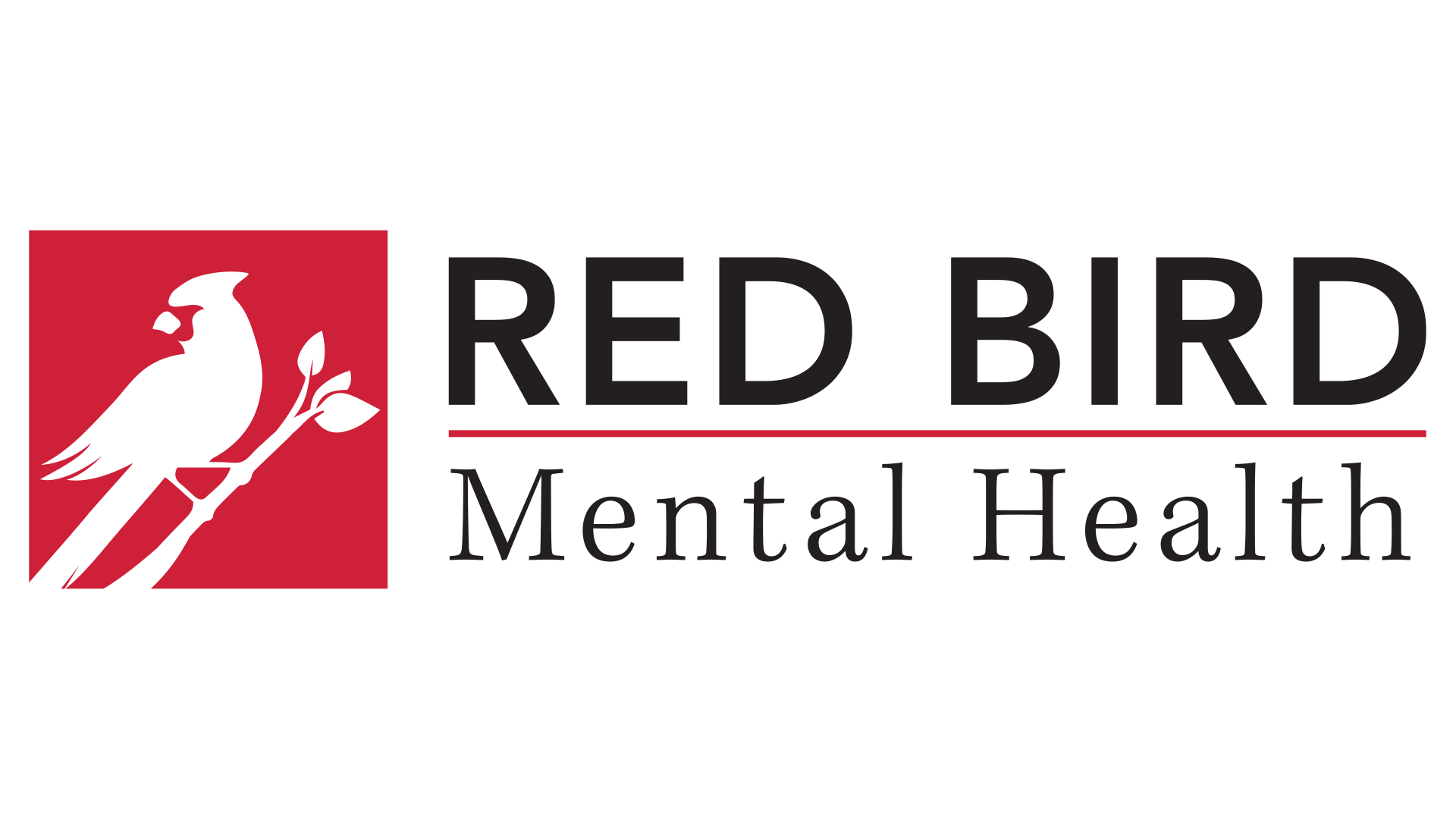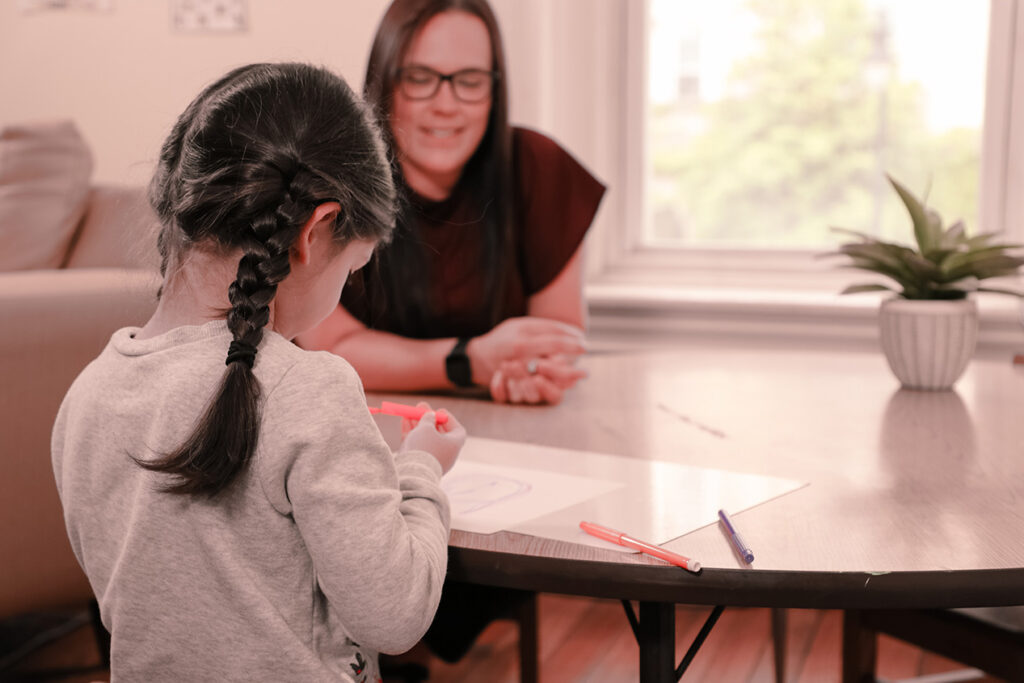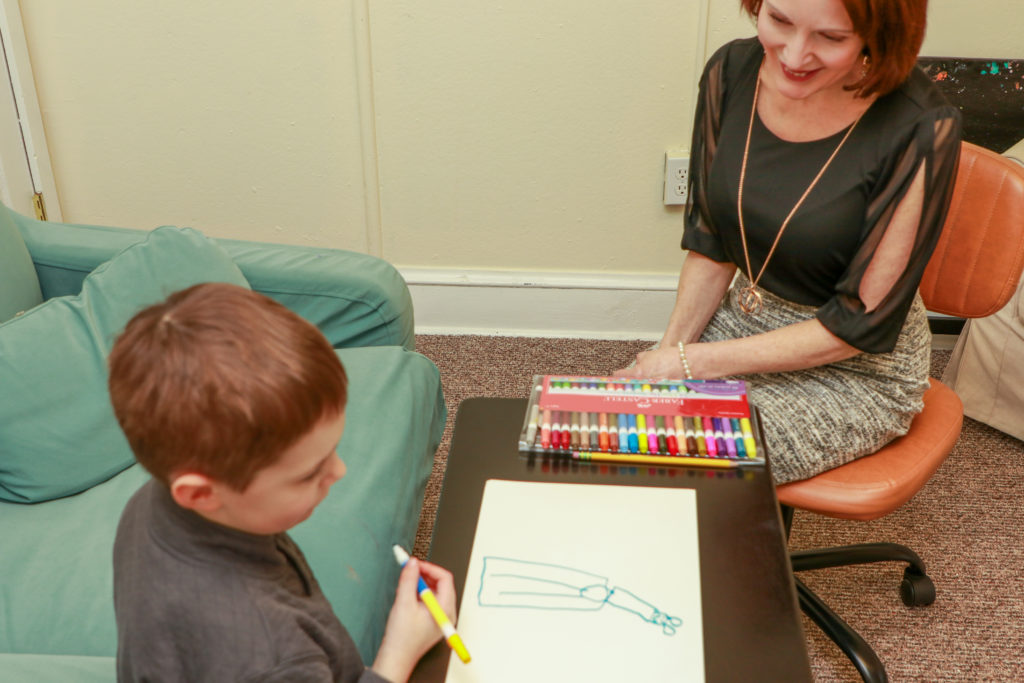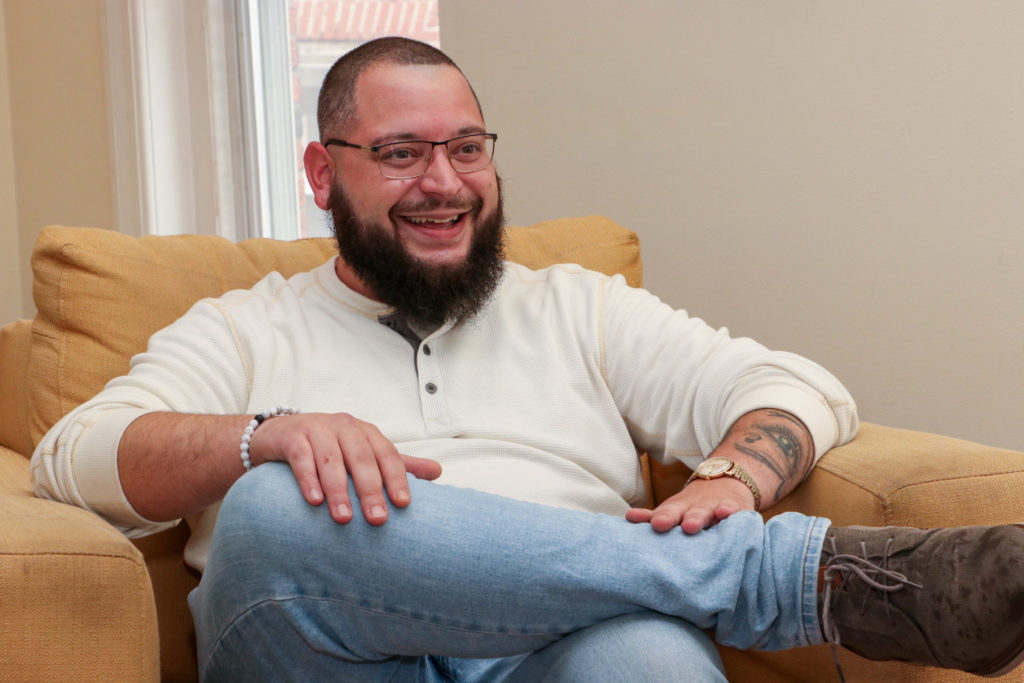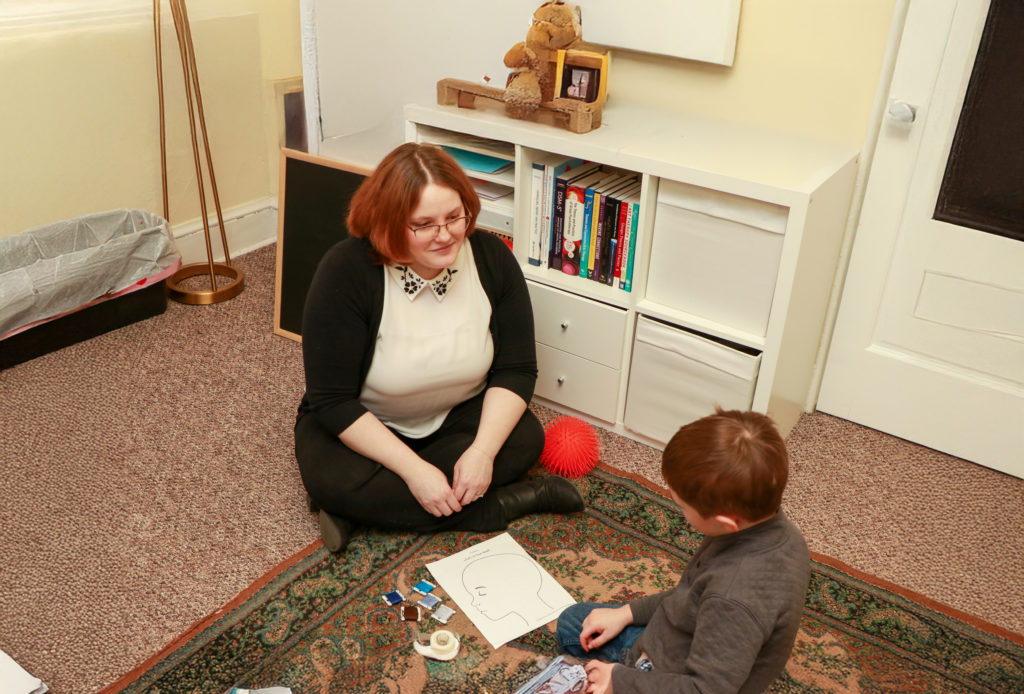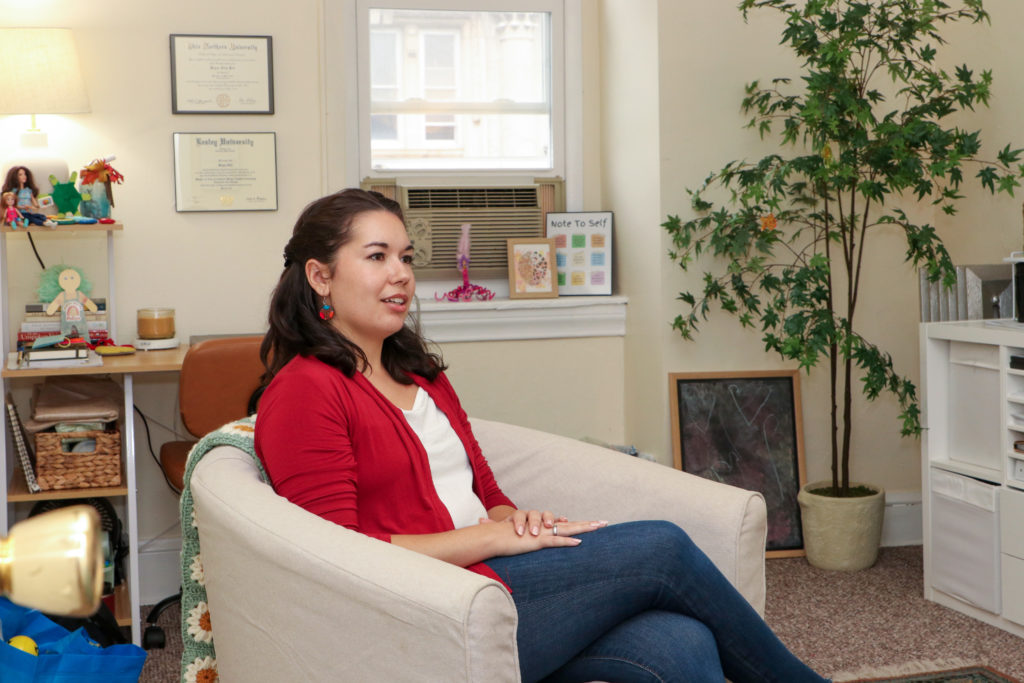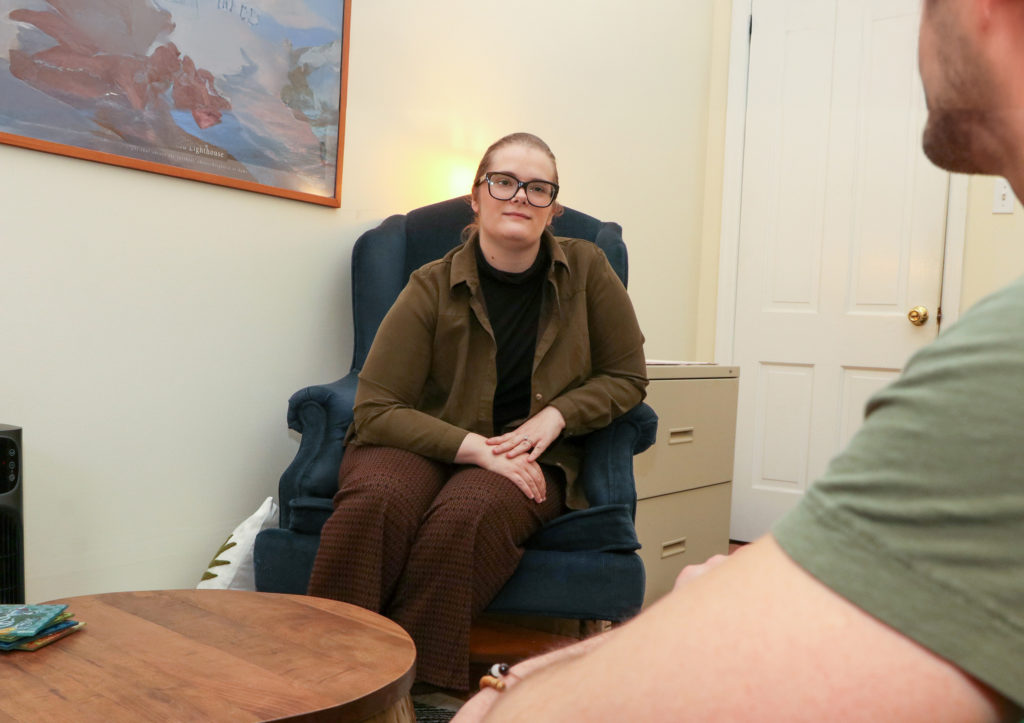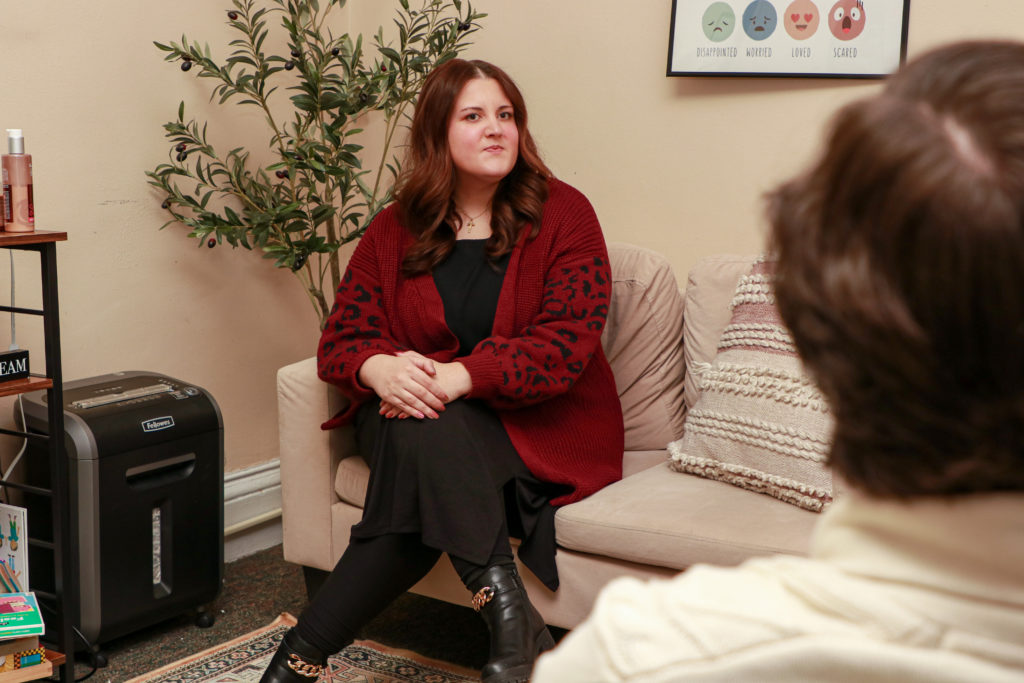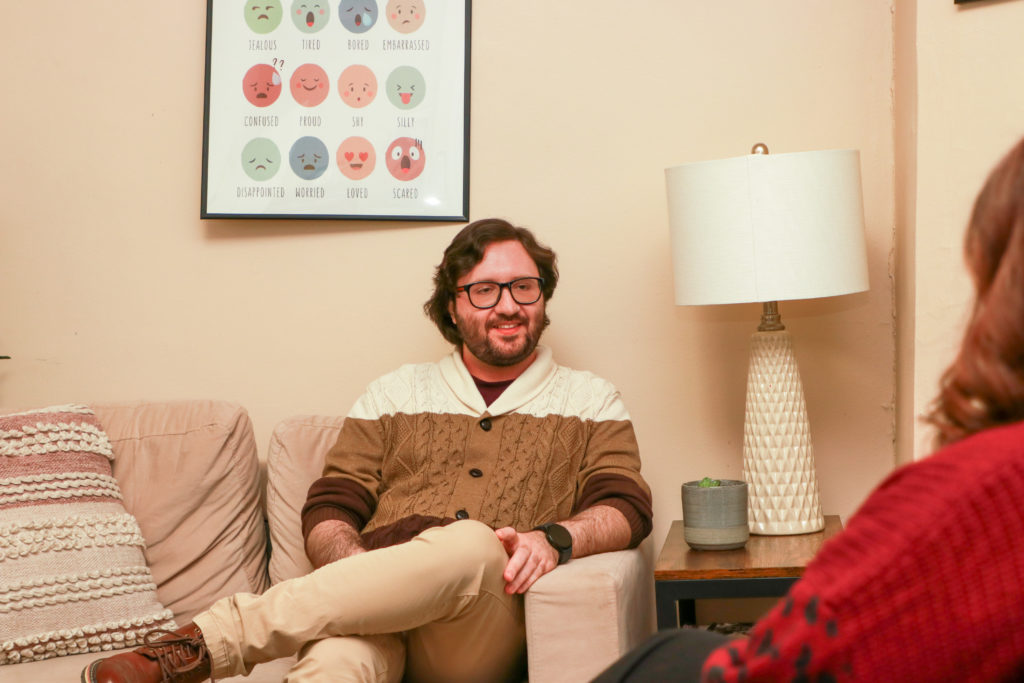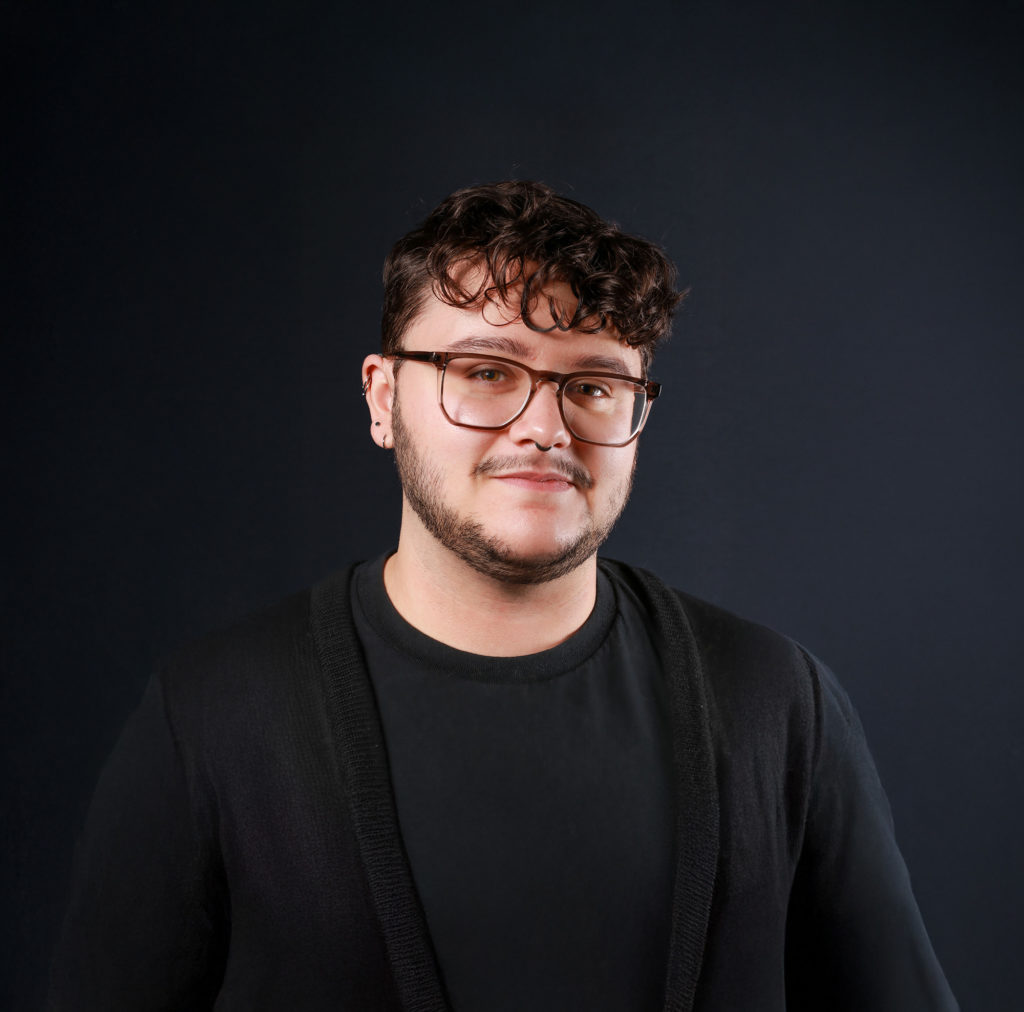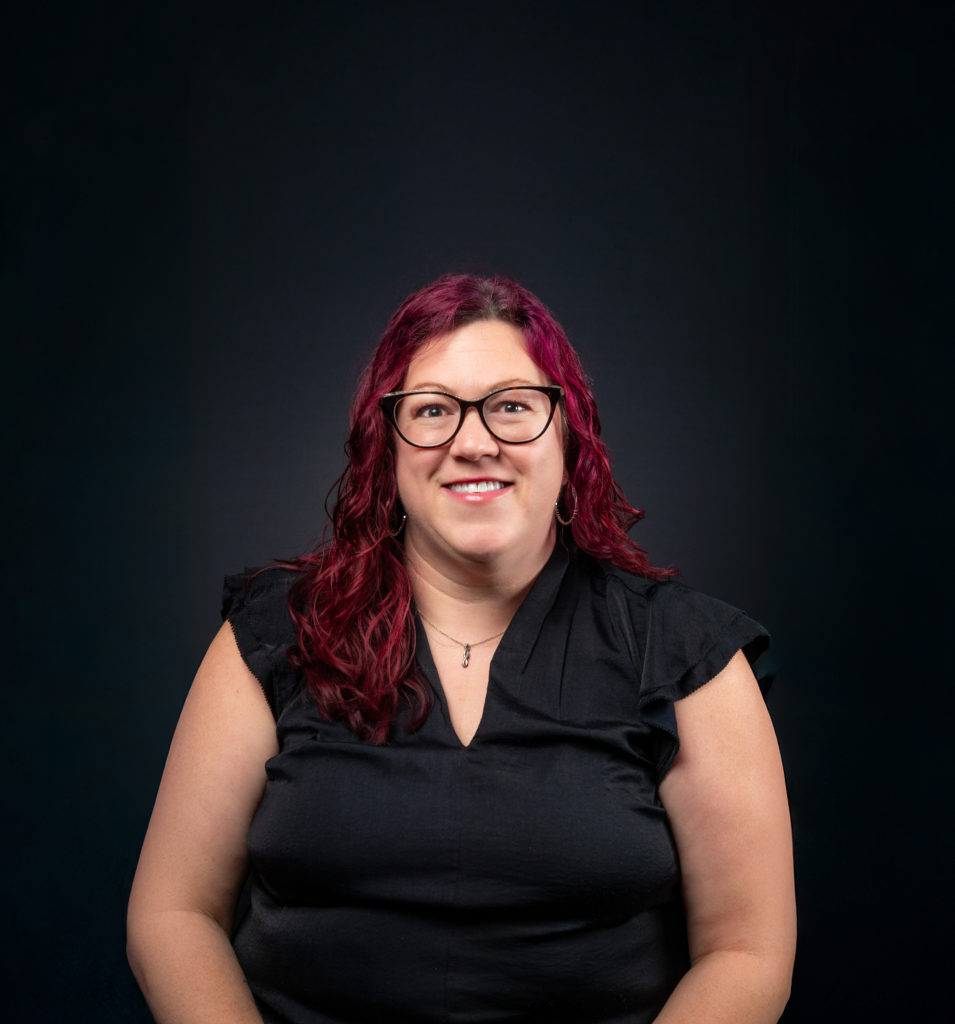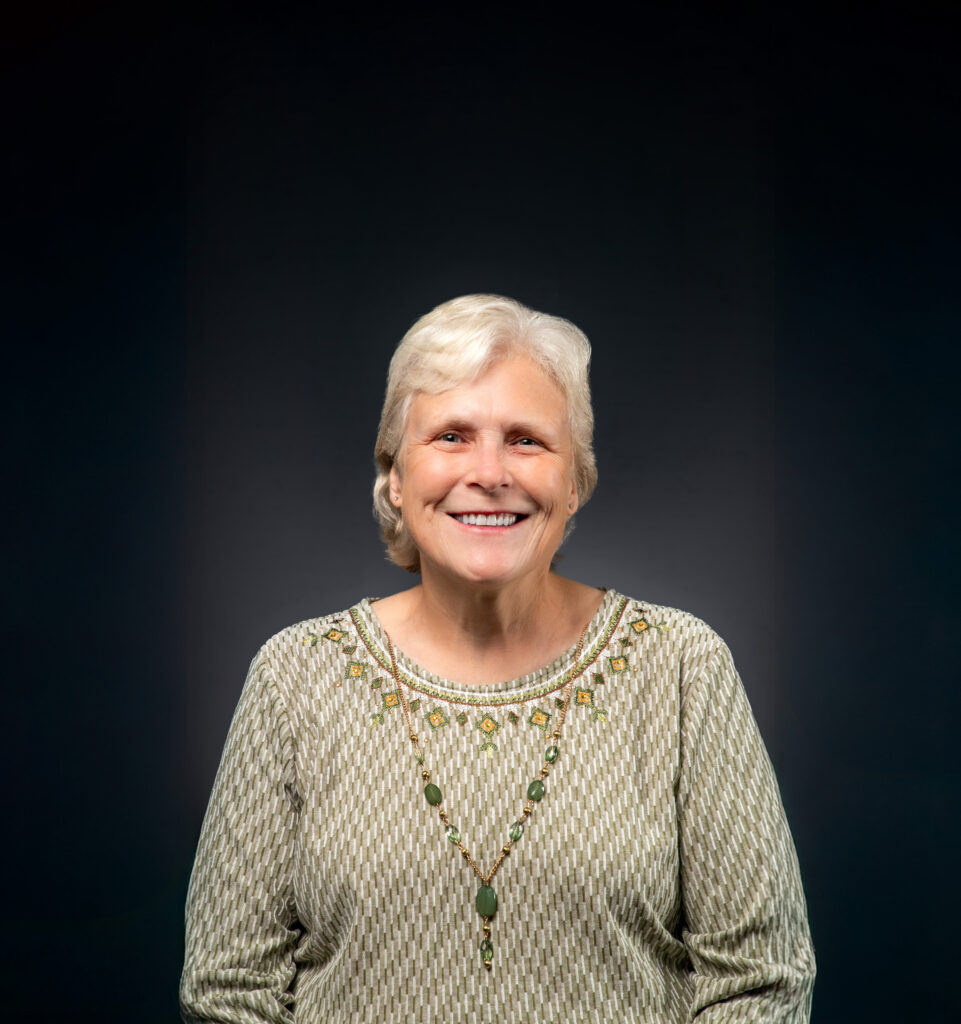Biography
Hi, my name is Casey Scafella, M.S., LPC, NCC, I am a Licensed Professional Counselor and I have been with RBMH since 2018. In my training and throughout my career, I had many opportunities to treat individuals, couples, and families through trauma-informed care. It has been my honor, distinction, pride, and joy to work with those impacted by trauma and to create safe spaces for the people I serve to work through ways in which their past experiences have impacted them and influence their views of themselves, others, and the world. I am certified in Trauma-Focused Cognitive Behavioral Therapy (TF-CBT) as well as being trained and approaching certification for Eye Movement Desensitization and Reprocessing (EMDR). Generally, I follow a person-centered and strengths-based approach to treatment, because I believe no one knows someone better than themselves and a person’s unique experience of their thoughts and feelings can guide a healthy therapeutic response that is individualized to each person I work with.
Who is Casey?
One of my favorite hobbies is listening to and creating music along with spending time with loved ones and connecting with nature. I love my dog and I enjoy running. I enjoy painting and having opportunities to ground and center myself near any body of water.
About Therapy
I work from a person-centered, strengths-based approach. Recovery, to me, develops through support and improved self-worth and resilience. I especially enjoy working with trauma-impacted individuals of all ages and I love to see growth within different life stages. Currently, I am certified in Trauma-Focused Cognitive Behavioral Therapy, which is the only empirically validated trauma therapy for children. My main interests are substance recovery, mind-body connections, and the neurological impacts of mental health disorders and experiences of trauma. I believe that the key to recovery is building empowerment and resilience. Recovery is a life-long process and responding to traumatic experiences can be achieved successfully through a person’s belief in their own ability to recover.
Client Population:
I work with adolescents (ages 12-18) and adults (18+), providing compassionate support tailored to their unique needs. My passion lies in working with survivors of abuse, violence, and other traumatic experiences, helping them navigate their healing journey with care and empowerment.
